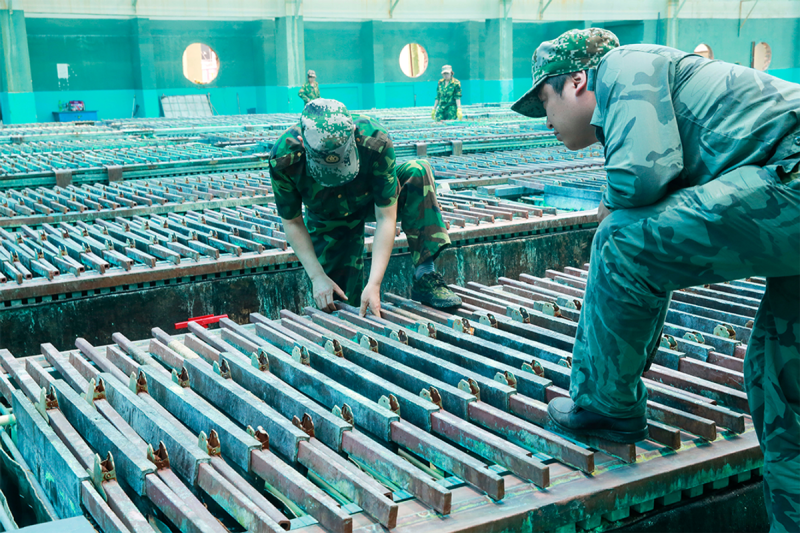In a rapidly evolving global landscape, securing a stable and diversified supply chain of rare earth elements has become a top priority for many countries. Rare earth elements are a group of 17 chemical elements crucial for the production of high-tech devices such as smartphones, electric vehicles, wind turbines, and defense systems. China currently dominates the global rare earth market, producing over 80% of the world’s supply. However, concerns over supply chain vulnerabilities and geopolitical tensions have prompted countries to explore strategies to reduce their reliance on China for rare earth production and processing.
Diversification of Supply Sources: One of the key strategies to reduce reliance on China for rare earths is the diversification of supply sources. Countries such as the United States, Japan, and Australia are investing in developing or reopening rare earth mines in their territories. This approach aims to create alternative sources of rare earths and reduce dependence on China as a primary supplier. By diversifying the supply chain, countries can mitigate the risks associated with disruptions in the global rare earth market.
Recycling and Circular Economy: Another approach to reduce reliance on China for rare earths is through recycling and promoting a circular economy for these critical materials. Recycling of rare earth elements from end-of-life products such as electronics and magnets can help recover valuable materials and reduce the demand for new production. By establishing efficient recycling processes and developing technologies to extract rare earths from e-waste, countries can enhance resource sustainability and lessen their dependence on primary production from China.
Investment in Research and Development: Investing in research and development (R&D) is crucial for developing alternative sources of rare earths and advancing processing technologies. Governments, industries, and research institutions are collaborating to explore new extraction methods, improve processing efficiency, and promote innovation in the rare earth sector. By fostering R&D initiatives, countries can enhance their technological capabilities, reduce production costs, and create a competitive advantage in the global rare earth market.
International Cooperation: International cooperation plays a vital role in reducing reliance on China for rare earth production and processing. Countries are forming alliances and partnerships to share resources, expertise, and best practices in the rare earth sector. By collaborating on projects such as joint mining ventures, technology transfer, and supply chain management, nations can strengthen their resilience to supply chain disruptions and promote sustainable development of rare earth resources.
Regulatory Frameworks and Policy Support: Establishing robust regulatory frameworks and providing policy support are essential for promoting a sustainable and secure rare earth supply chain. Governments can implement policies to incentivize domestic production, streamline permitting processes for rare earth mining projects, and enforce environmental standards in the extraction and processing of rare earths. By creating a conducive policy environment, countries can foster a competitive and resilient rare earth industry while ensuring environmental protection and resource sustainability.
In conclusion, reducing reliance on China for rare earth production and processing requires a multi-faceted approach that involves diversifying supply sources, promoting recycling, investing in R&D, fostering international cooperation, and implementing supportive regulatory frameworks. By adopting these strategies, countries can strengthen their rare earth supply chain, enhance resilience to market uncertainties, and secure access to critical materials essential for the advancement of high-tech industries and sustainable development.
